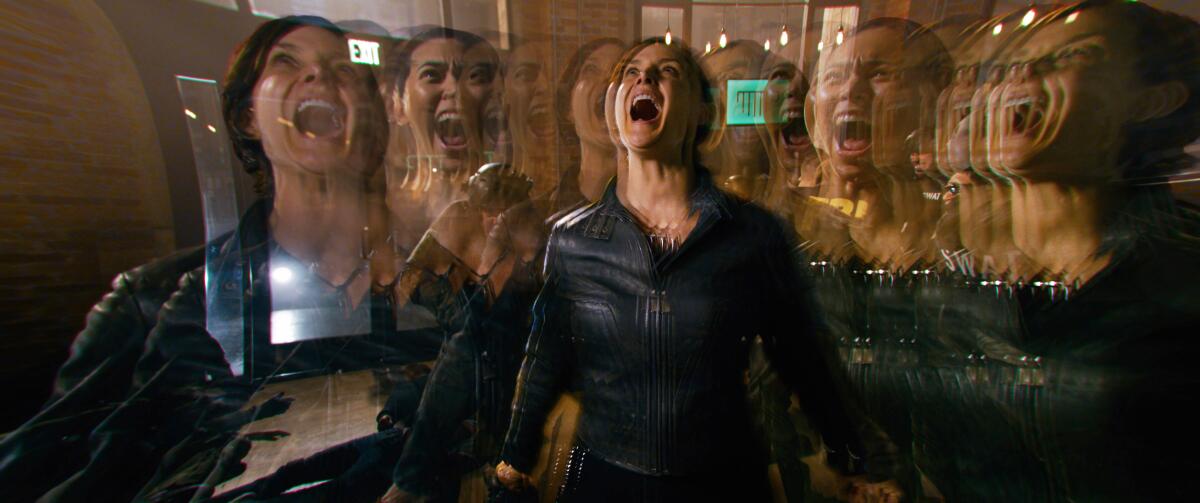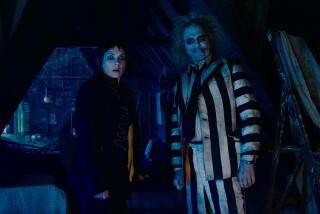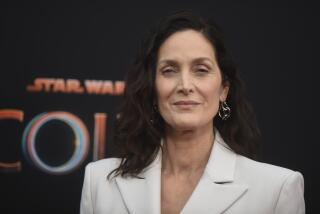How ‘Matrix Resurrections’ puts emotion at the forefront

Now more than 20 years after the original “Matrix,” the iconic greenish hues of the computer world have blossomed into a vividly warm palette of natural colors in director Lana Wachowski’s “The Matrix Resurrections,” a film that simmers as an emotional love story. In a climactic scene where Trinity (Carrie-Anne Moss) realizes she’s been reprogrammed in the Matrix, the visual team embraced the famous “bullet-time” technology to show her breaking free. “Lana wanted to do something different with the camera array from the first ‘Matrix.’ Instead of using it for the action, like when Neo [Keanu Reeves] dodges the bullets, she used it for the emotion,” says cinematographer Daniele Massaccesi. “We had 10 cameras going around Carrie-Anne and visual effects captured the different points of view of her face screaming and then put it all in the same shot. It created this sense of her coming back to life and realizing that everything she was living wasn’t real.”
More to Read
From the Oscars to the Emmys.
Get the Envelope newsletter for exclusive awards season coverage, behind-the-scenes stories from the Envelope podcast and columnist Glenn Whipp’s must-read analysis.
You may occasionally receive promotional content from the Los Angeles Times.









